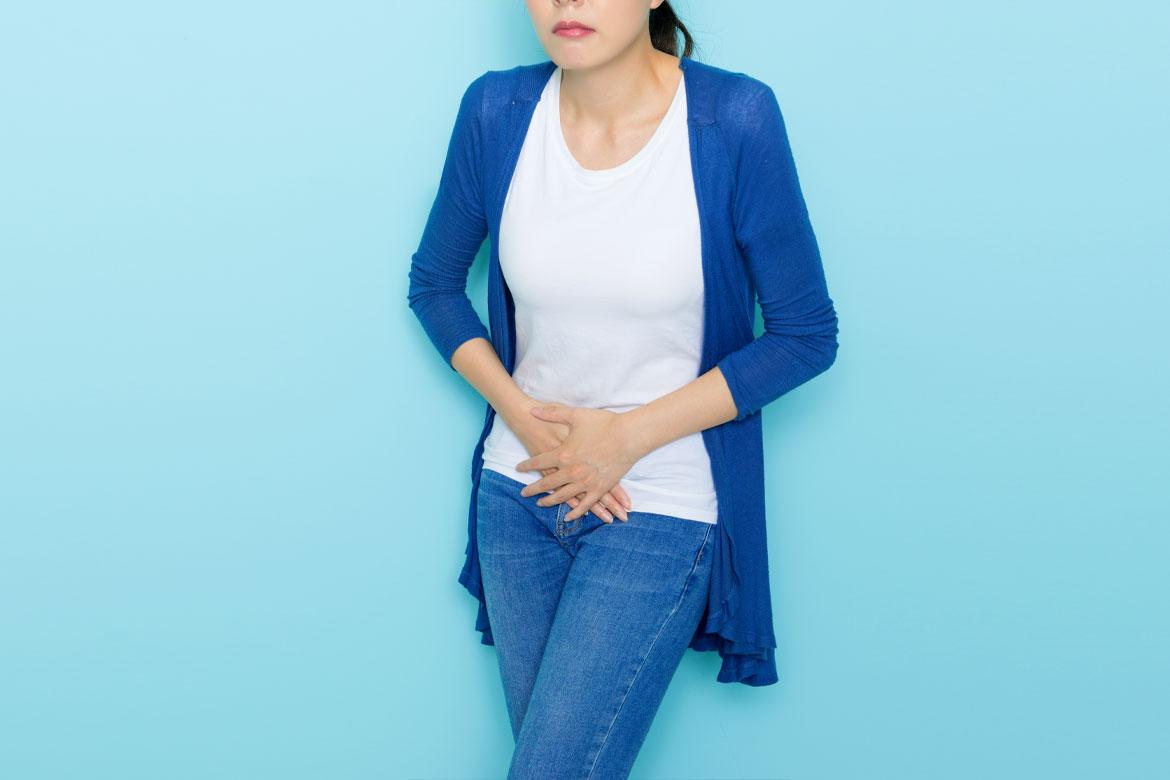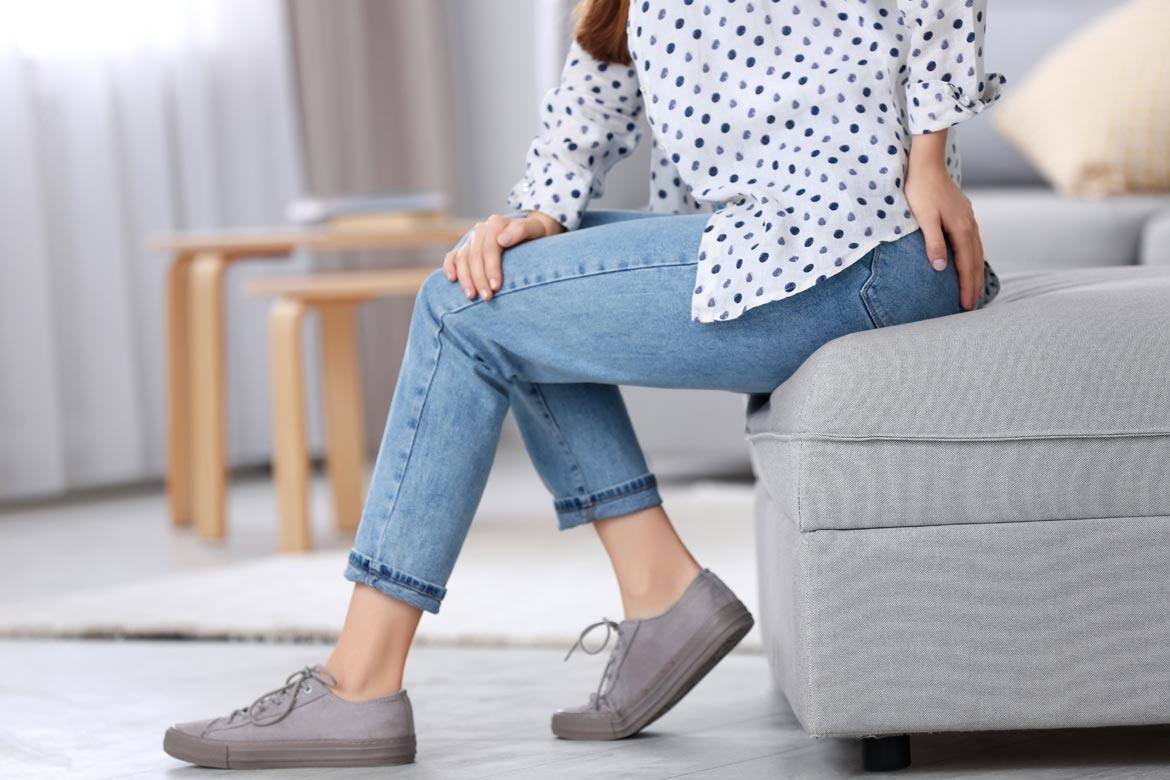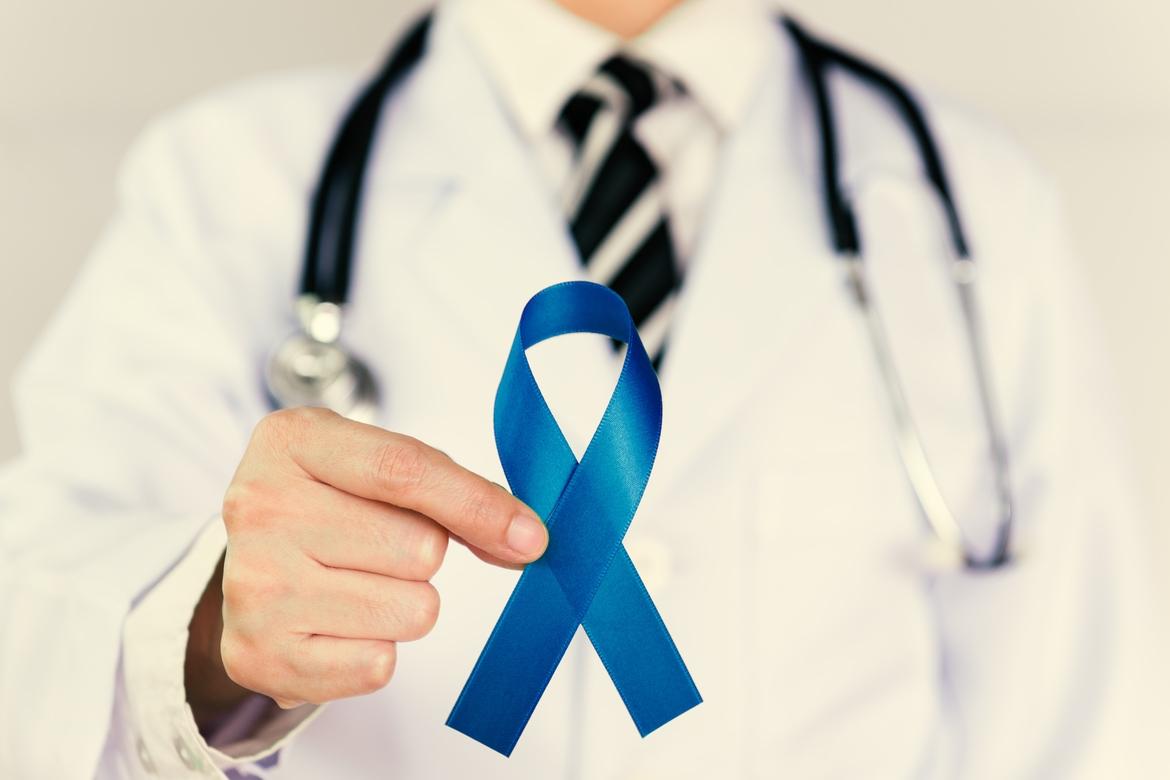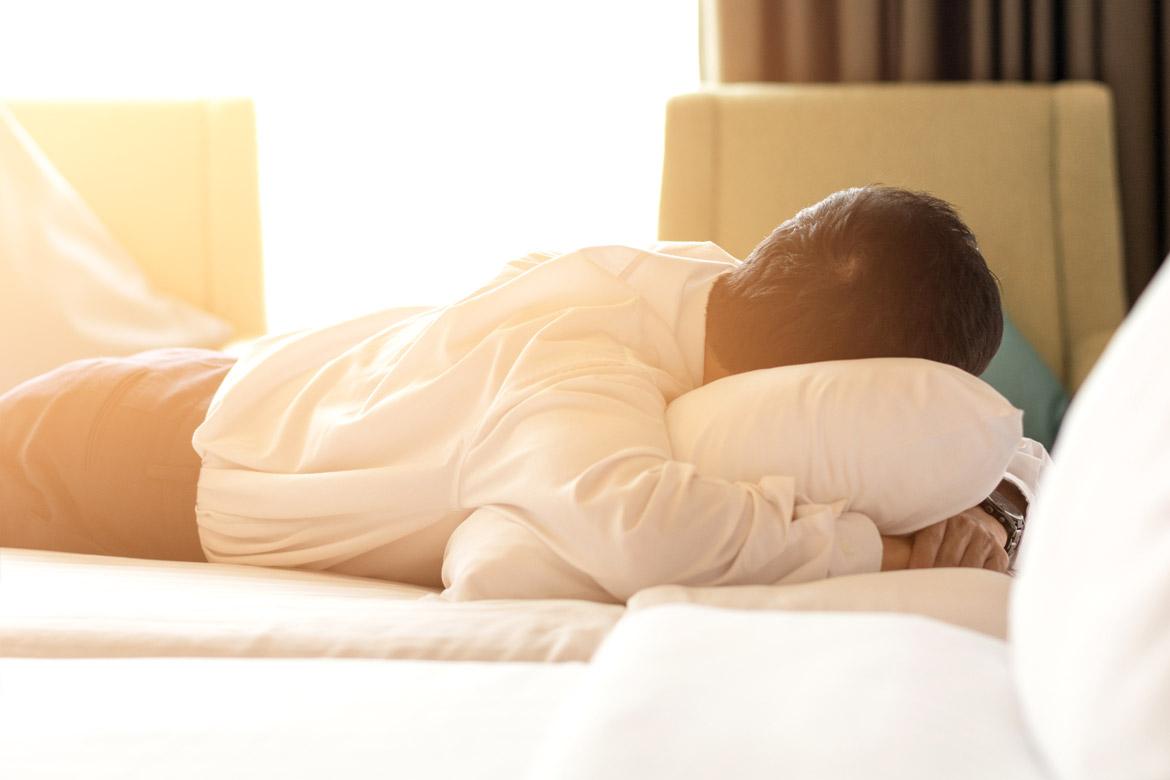-
-
Featured Care Areas

Haemorrhoids (Piles)
Frequently asked questions
A: Try changing your lifestyle, diet and toilet habits to allow regular bowel movements without straining. Home remedies such as topical creams or cold compresses may relieve symptoms and return the anal cushions to their normal size and function. If symptoms do not improve, your doctor will recommend other forms of haemorrhoid treatment, including haemorrhoid surgery.
A: An internal prolapsed haemorrhoid or an external haemorrhoid will appear as a lump. A thrombosed haemorrhoid contains a blood clot. You will feel a hard lump near the anus which is swollen, inflamed and painful. It will be dark bluish in colour.
A: Some haemorroids do not show symptoms and resolve by themselves.
A: You can relieve piles naturally by making lifestyle and dietary changes. These include:
- Eating high-fibre food and drinking lots of water to soften your stool.
- Exercising regularly and avoiding long periods of sitting to keep your bowel movements regular.
- Adopting good toilet habits such as not straining and not sitting on the toilet for long periods to avoid aggravating your haemorrhoids.
You can also get over-the-counter ointments and creams to reduce swelling of the piles.
A: Eat more vegetables, fruits and drink lots of water. Increasing your intake of fibre and fluid will help to soften your stool and reduce the need to strain during bowel movements.
Avoid foods that are low in fibre as they can lead to or worsen constipation. They include:
- Refined carbohydrates such as white flour or white rice
- Red meat, which are harder to digest
- Spicy food which can make bowel movements more painful
- Caffeine and alcohol which can lead to dehydration and dry up your stools
A: Symptoms from small haemorrhoids may take a few days to resolve. Large external haemorrhoids may take longer to heal. Haemorrhoid skin tags do not disappear on their own and are generally harmless.
A: Small haemorrhoids may clear up on their own in a few days while large external haemorrhoids take longer to heal. If symptoms persist, it is best to see a doctor and rule out other causes of the symptoms.
A: You can get piles during pregnancy as hormonal changes make your veins relax, and also because of the increased pressure in the pelvis from a gravid (pregnant) uterus. These haemorrhoids may resolve after pregnancy and delivery without any treatment. In the meantime, you can adopt home remedies or dietary changes to relieve symptoms. Discuss with your gynaecologist before using any medication.
A: If a haemorrhoid is protruding, you can push it gently back inside using a lubricating jelly.
A: Your doctor may recommend haemorrhoid surgery to remove the excess or protruding tissue that is bleeding. Surgery is usually a last resort when other treatments are not effective.
A: The itch is usually due to a prolapsed (protruding) internal haemorrhoids. You can soothe the itch with topical cream.
A: Haemorrhoids are not cancer. It is a condition in which the veins around the anus or lower rectum become swollen or inflamed.
This coverage checker is brought to you by Health Insured, an online resource that helps you understand your health coverage in Singapore.
This page has been reviewed by our medical content reviewers.
Need help?
For enquiries, please call
+65 6377 3737
For appointment bookings, please WhatsApp
+65 8111 3777






